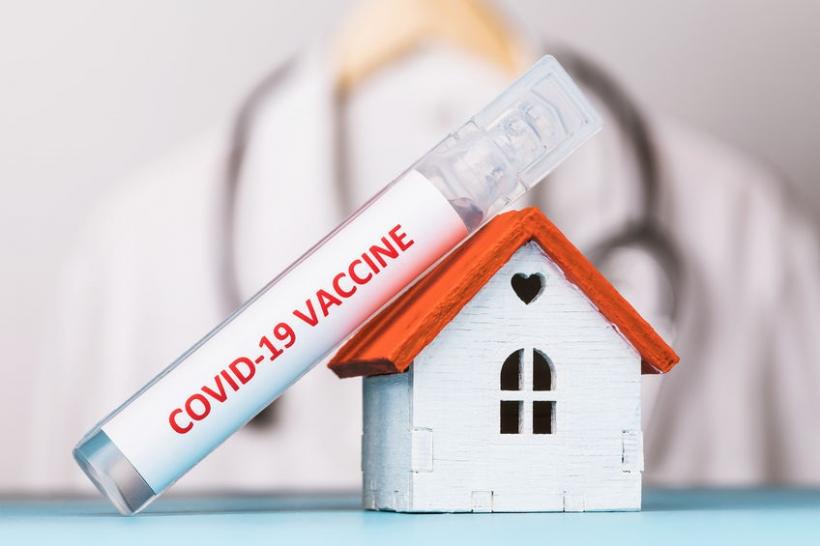
Last Updated: January 23, 2021
On January 20, 2021, Florida Governor Ron DeSantis updated the state’s rules regarding eligibility to receive the COVID-19 vaccine in Florida.
The governor announced that in addition to the current age requirement to receive the vaccine – you must be 65 years of age or older – there will also be a “proof-of-residency” requirement that must be met.
The new rule is being introduced to clamp down on out-of-state and out-of-country visitors who have been travelling to Florida specifically to be vaccinated and using up the vaccine supplies intended for local residents.
In addition to providing proof of age with a driver’s license or passport, individuals who want to be vaccinated must also present proof-of-residency or part-time/seasonal.
This means that Canadian snowbirds who own property in Florida and live there at least part-time will still be eligible to receive the vaccine.
Long-term rental agreements or leases might also qualify as proof-of-residency, which means Canadian snowbirds who rent in Florida for the winter may also be eligible to receive the vaccine. However, many renters may not be able to provide a second document proving residency, which is required under the new rules.
The new residency rules, which can be found here, state that in order to be considered a "seasonal resident", you must spend at least 31 consecutive days in the state of Florida in each calendar year and meet certain other criteria.
If you qualify as a "seasonal resident" you will be required to prove your residency by providing copies of two of the following documents that show proof of a residential address - which, again, may be problematic for renters:
a. A deed, mortgage, monthly mortgage statement, mortgage payment booklet or residential rental or lease agreement.
b. One proof of residential address from the seasonal resident’s parent, step-parent, legal guardian or other person with whom the seasonal resident resides and a statement from the person with whom the seasonal resident resides stating that the seasonal resident does reside with him or her.
c. A utility hookup or work order dated within 60 days before registration in the medical use registry.
d. A utility bill, not more than 2 months old.
e. Mail from a financial institution, including checking, savings, or investment account statements, not more than 2 months old.
f. Mail from a federal, state, county, or municipal government agency, not more than 2 months old.
Each county is responsible for determining when the new rule will come into effect, but many counties have already implemented the new criteria or are in the process of doing so. Counties may also enforce the required documentation to differing degrees.
















